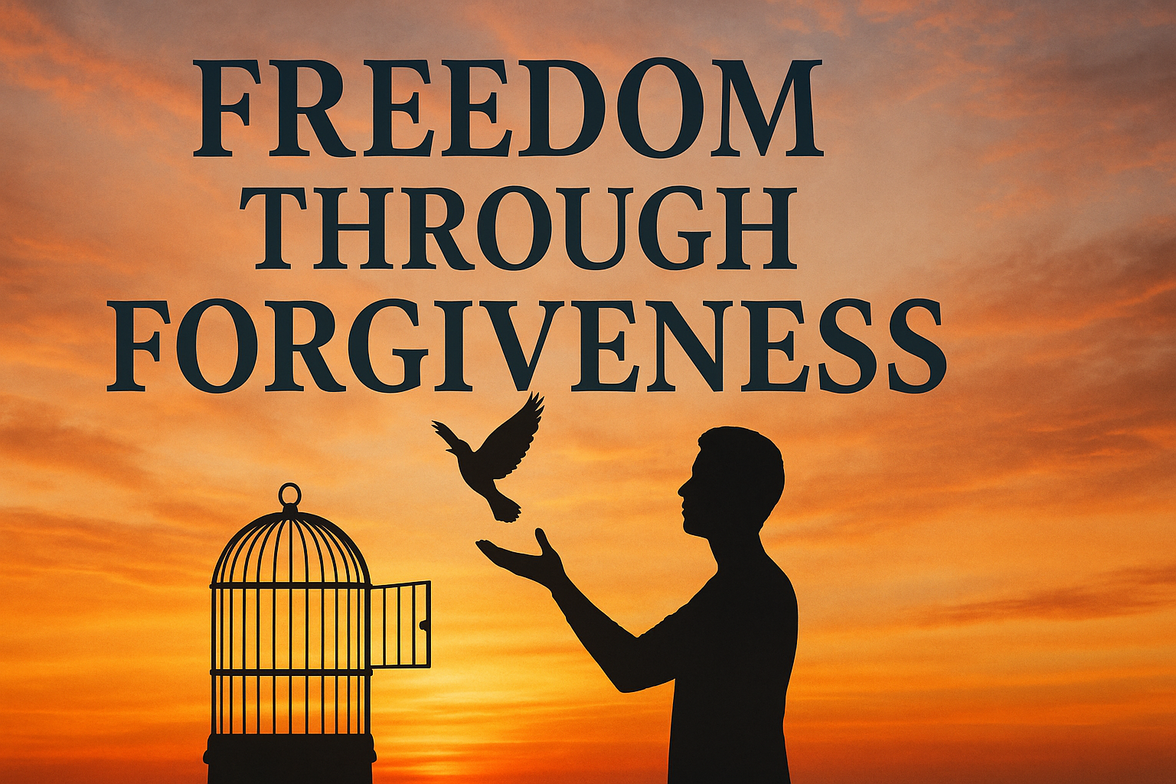Freedom Through Forgiveness


In a quiet country chapel nestled between rolling hills and winding roads, a weathered man named Harold sat alone on the back pew. He hadn’t darkened the door of a church in decades, but the weight of bitterness had driven him there. Years earlier, betrayal had shattered his family—his brother had stolen from him, lied about it, and left him bankrupt. Ever since, Harold carried the chains of unforgiveness, heavy and rusted, around his heart. But that night, as the preacher read Ephesians 4:32, Harold heard not just words, but a whisper from Heaven: “Even as God… hath forgiven you.” Tears flowed as the truth sank deep. Harold had been forgiven much—how could he do any less?
Forgiveness doesn’t start in the courtroom of justice; it begins at the cross of Calvary. The blood of Jesus Christ was shed not for the deserving but for the desperately sinful. That divine forgiveness is the model for ours. When Paul wrote these words to the church at Ephesus, he wasn’t handing out advice; he was delivering a command rooted in Calvary’s compassion. “Even as God”—not grudgingly, not partially, not conditionally—but fully, freely, and forever, has God forgiven us in Christ.
Harold left the church that night with a lighter heart and a letter in his hand—addressed to his brother. He chose to forgive not because his brother deserved it, but because Jesus had already paid the debt. That’s the power of gospel forgiveness. It sets you free, even if the other person never changes. Forgiveness isn’t forgetting the offense; it’s choosing to remember the cross more than the wound. It’s the gift that blesses the giver even more than the receiver.